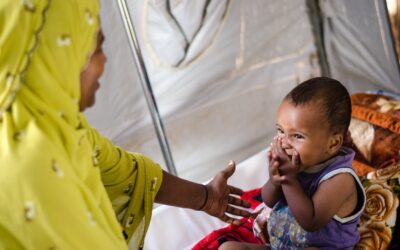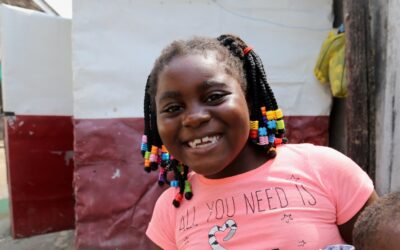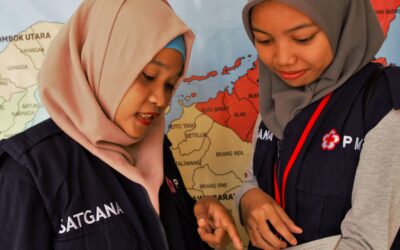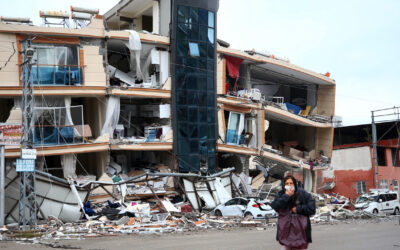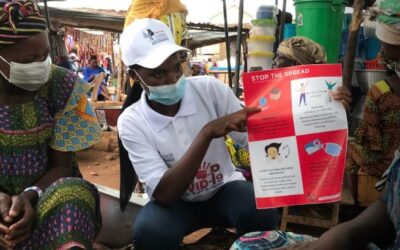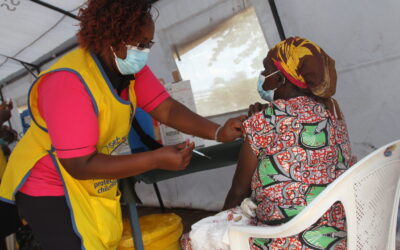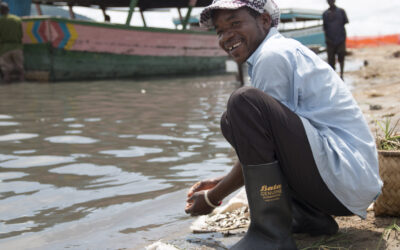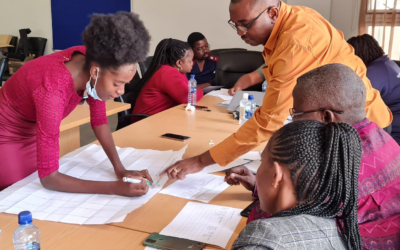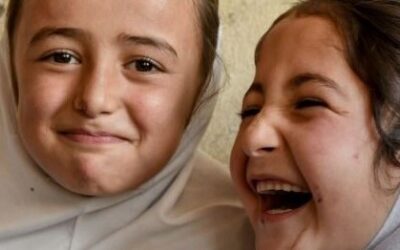News
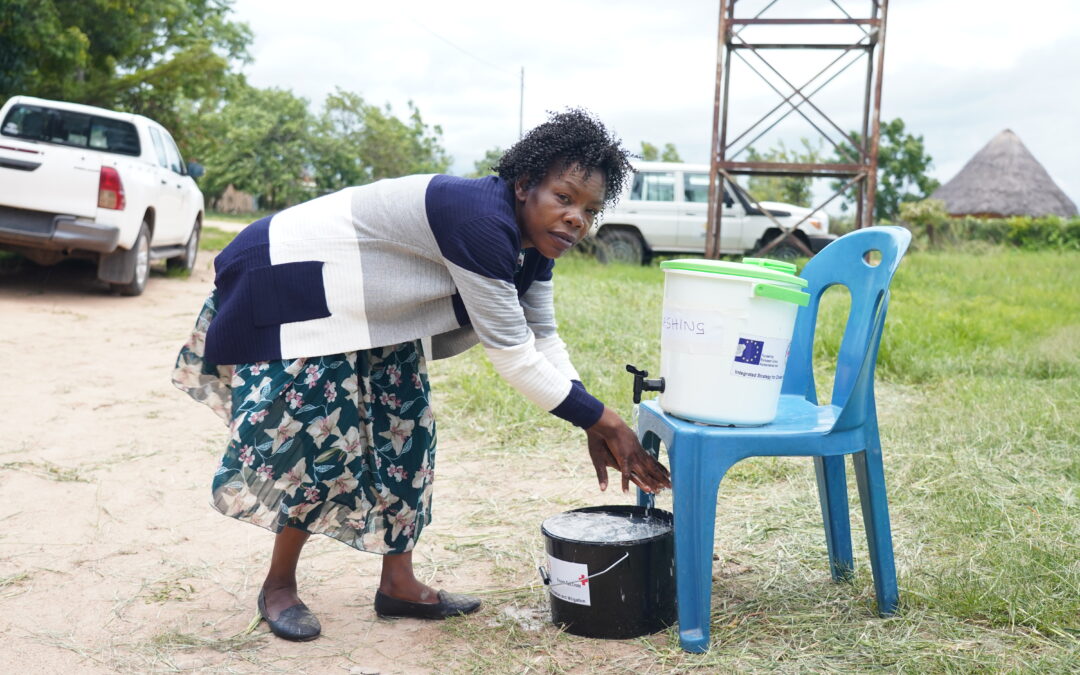
Promoting community-centred preparedness and response to cholera’s global surge
In the context of the global cholera upsurge and in particular the most recent outbreak in Zambia, Eva Niederberger (Anthrologica), Santiago Ripoll (IDS) and Tom Barker (IDS) blog about the importance of centring cholera outbreak preparedness and response strategies on the circumstances and needs of communities and the experiences and insights of local responders.
CHOLERA QUESTIONS BANK
This resource is a menu of qualitative questions related to socio-behavioural factors and cholera. It seeks to facilitate the collection of quality data on community’s capacity, behaviours, practices and perceptions in relation to cholera prevention and management. It can be used by field teams and / or local research teams working in communities with cholera transmission and those at risk adhering to safety and protection protocols.
Social Science in Humanitarian Action Platform Fellowship
Submit your application for the Social Science in Humanitarian Action Platform Fellowship Now! The SSHAP Fellowship SSHAP Fellowship is a tailored professional training programme exploring how to integrate social science into humanitarian and development responses. Applications are due on 27 March 2023.
New Information management for communication, community engagement and accountability to affected people
This document is developed by CDAC to provide guidance on how information management associated with communication, engagement and accountability activities supports humanitarian action.
EARTHQUAKE resource Page
To facilitate the RCCE response to the recent earthquake in Turkey and Syria, The Collective Service is launching a new thematic page on community engagement and accountability resources for earthquake and tsunami response.
Good Practices on Youth Engagement and Youth Leadership in COVID-19 response
The good practice case studies on youth engagement and leadership in COVID-19 response showcase how young people and youth-led organizations worldwide have been at the forefront of responding to the needs of their communities throughout the COVID-19 pandemic.
Approaches to scaling up COVID-19 vaccination: Experiences from Malawi, Kenya, and Uganda
As COVID-19 vaccination programmes enter their third year, existing challenges to programmes combine with new needs, complexities, and hesitancies. Vaccination programmes require innovative solutions to scale up COVID-19 vaccination efforts, from administering booster doses to reaching those who have yet to receive their first COVID-19 vaccination. This synthesis presents an overview of the vaccination context in three Eastern and Southern Africa Region countries.
New brief on SOCIAL, BEHAVIOURAL AND COMMUNITY DYNAMICS RELATED TO THE CHOLERA OUTBREAK IN MALAWI
This brief is a rapid synthesis of socio-behavioural evidence relating to the 2022 cholera outbreak in Malawi intended for national and international response partners. It focuses on interpreting this evidence to inform the design and delivery of effective communication and engagement strategies putting communities at the centre of the response.
Namibia Country Support- Strengthening Community Feedback Mechanisms
The goal of the Ministry of Health and Social Services is to ensure the success of the vaccination rollout program which relies on individuals’ acceptance of the vaccines.
With support from the Collective Service the Government will strengthen CFMs in Khomas, Kunene, Omusati, Ohangwena and Kavango West regions , understanding the types of types , data collection processes, use of standardised tools, establish technical committees responsible for data coding, analysis and production of CFM dashboards and ensuring translation of feedback into action is prioritised.
DATA HANDBOOK FOR RISK COMMUNICATION AND COMMUNITY ENGAGEMENT (RCCE)
The Collective Service has developed a Data Handbook for Risk Communication and Community Engagement (RCCE) for promoting the use of data for RCCE in humanitarian or public health emergency responses.

